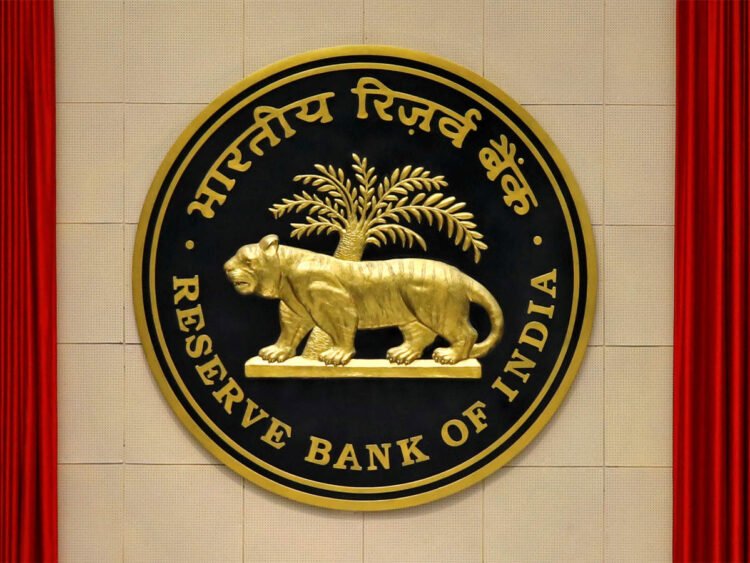Effective from October 21; Companies Directed to Address Policy Violations
NEW DELHI (Economy India): The Reserve Bank of India (RBI) has imposed restrictions on four Non-Banking Financial Companies (NBFCs) from sanctioning and disbursing new loans. The regulatory action follows violations of lending rules, including overcharging customers on interest rates. The decision, aimed at ensuring compliance, will come into effect from October 21, 2024.
NBFCs Under Scrutiny for Policy Violations
The four NBFCs affected by the RBI’s order are:
- Aashirvad Microfinance Limited
- Arohan Financial Services Limited
- DMI Finance Private Limited
- Navi Finserv Limited
These companies were found charging higher Weighted Average Lending Rates (WALR) than allowed under RBI norms. Additionally, they failed to comply with other operational regulations outlined by the central bank.
Official Statement: Non-Compliance Led to Action
The RBI clarified that the lending ban will only impact the issuance of new loans. However, these companies are permitted to continue servicing their existing customers and manage loan repayments as per RBI guidelines.
In a statement, the RBI said, “The restrictions aim to ensure transparency in lending practices and bring non-compliant companies in line with regulatory standards.”
RBI’s Monitoring and Warning
This action comes on the heels of an earlier statement by RBI Governor Shaktikanta Das, who had indicated on October 9, 2024, that the central bank was closely monitoring the practices of certain NBFCs. He had warned, “The RBI will not hesitate to act against entities failing to follow fair lending practices.”
The RBI also noted that despite previous advisories regarding transparent practices for small-value loans, these companies persisted with unfair practices.
Remedial Measures for Lifting Restrictions
The restrictions will remain in place until the NBFCs demonstrate compliance with regulatory requirements. The RBI outlined that the companies must revise their pricing policies, strengthen risk management processes, and improve customer service frameworks. The reforms will also need to ensure transparent dispute resolution mechanisms to avoid future violations.
The RBI further added, “The review of these restrictions will occur only after we receive confirmation that the companies have implemented the necessary corrective measures.”
Impact on the Lending Sector
This regulatory move sends a strong message to the NBFC sector about strict adherence to lending norms. With the rise of small-loan platforms and microfinance institutions, the RBI is keen to curb predatory lending practices that exploit vulnerable borrowers.
Analysts believe the action could temporarily impact the NBFC lending ecosystem, but will ultimately foster greater transparency and accountability in the sector.

The RBI’s decisive action against these four NBFCs underscores its focus on ensuring fair lending practices and protecting customer interests. It reflects the central bank’s determination to enforce regulatory discipline within the financial ecosystem. The affected NBFCs must now take corrective steps to resume their lending operations and align with RBI norms.
(Economy India)












